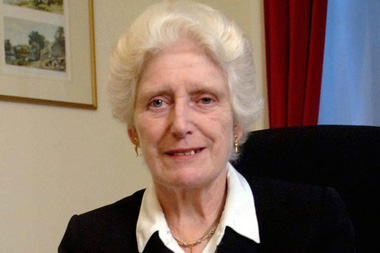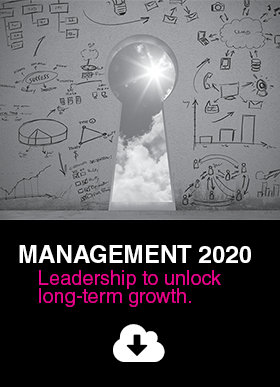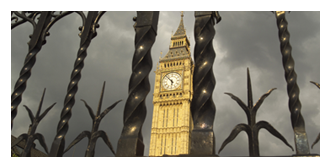Butler-Sloss move to quit abuse probe serves as warning against poor selection

Former law chief’s decision to step down from high-profile investigation signals the importance of due diligence and foresight in executive appointments
Matt Packer
Baroness Butler-Sloss stood down from the Home Office probe into 1980s child sex abuse this afternoon, highlighting poor decision making behind her initial recruitment. In a tenure that lasted a matter of days, the former Lord Justice of Appeal came under fire from child-protection groups and legal experts for having family connections that posed an instant conflict of interest with the task she had been hired to fulfil.
Despite a glittering career in the field of high-profile investigations – which saw her lead the Cleveland child sex abuse inquiry and a lengthy inquest into the death of Diana, Princess of Wales – Butler-Sloss was ultimately compromised by her late brother Sir Michael Havers’ stint as UK attorney general during the new probe’s study period.
While no explicit proof has been unearthed, interested parties have alleged that in the 1980s, Havers would have been ideally placed to cover up evidence linking top politicians to incidents of child abuse. One key priority of the probe will be to explain the mysterious disappearance of 114 files from a dossier on MP-related paedophilia that was allegedly handed to former Home Secretary Leon Brittan in the early 1980s. Any such files would have fallen squarely into the attorney general’s remit. While Havers died in 1992, some have found it inappropriate that one of his closest relations should be investigating events in which he could have played a crucial role.
On this morning’s edition of the Radio 4 Today Programme, former solicitor general Vera Baird said: “If she were in a court case presiding over [the case] and her brother were mentioned as someone she may have to investigate, she would of course withdraw due to a conflict of interest. The conflict of interest is even bigger here, where we have a vulnerable community of people who say that they have been not allowed to get justice.” With that in mind, Baird added, the inquiry “has got to be done by somebody who is an outsider to this, who is completely independent.”
Butler-Sloss’ decision also follows a weekend of press reports that specifically accused her of impropriety during another probe, in which she was tasked with reviewing the Church of England’s handling of child-abuse allegations against two churchmen. According to an article in The Times, Butler-Sloss – an Anglican – suppressed the name of a well-known bishop from one victim’s testimony on the grounds that “the press would love a bishop”. Much like the controversy over her family ties, the claim has highlighted an area of bias and an alleged veto that are dramatically at odds with the requirements of providing an objective evaluation of the 1980s abuse scandal.
In an official announcement, Butler-Sloss tacitly acknowleged the criticisms, saying: “It has become apparent over the last few days … that there is a widespread perception, particularly among victim and survivor groups, that I am not the right person to chair the inquiry. It has also become clear to me that I did not sufficiently consider whether my background and the fact my brother had been attorney general would cause difficulties.”
She added: “Having listened to the concerns of victim and survivor groups and the criticisms of MPs and the media, I have come to the conclusion that I should not chair this inquiry and have so informed the home secretary.”
While Butler-Sloss has now relinquished the role, the government’s inadequate due diligence around her appointment – and apparent lack of foresight about the public perceptions it would create – have set an inquiry of profound public interest two steps back before it has even begun.

Press & Media Enquiries
For more information or to request interviews, contact CMI's Press Team on 020 7421 2705 or email press.office@managers.org.uk




